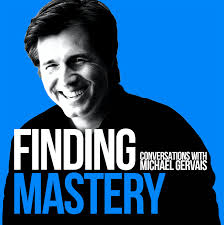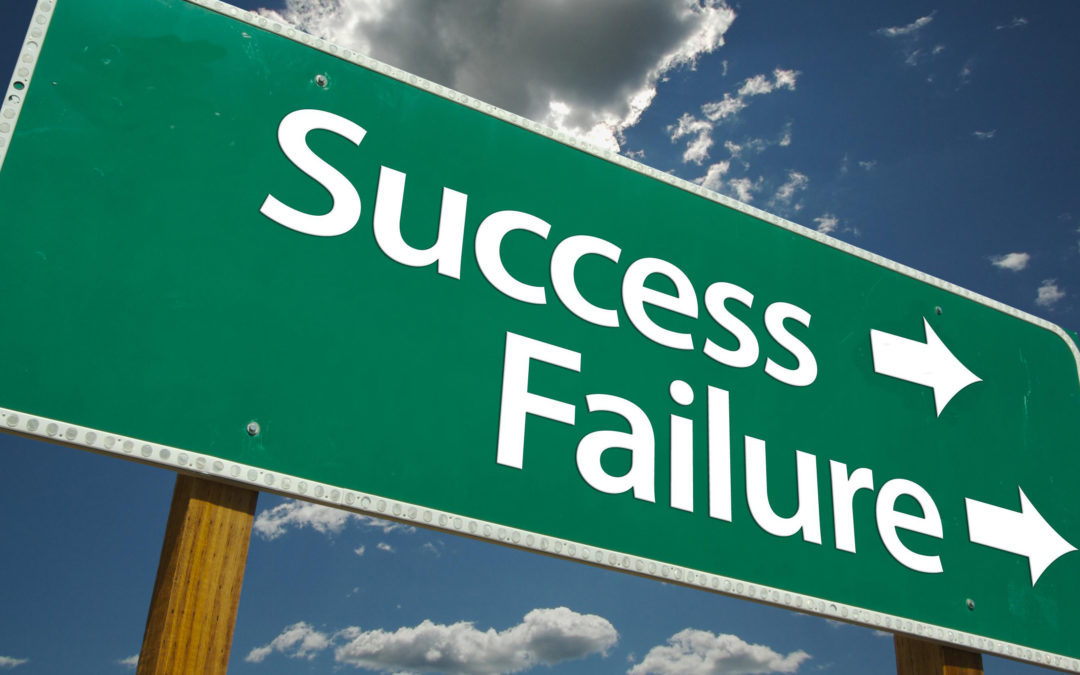Sometimes it is a good thing to experience pain. No, not physical or physiological pain but a stress, a struggle, a challenge or failure. Nobody has ever truly grown as a person or athlete through success alone. If you think you have, I challenge you to prove it to me! You can easily sit through a basic math class and get A’s or play in a league that is below your skill level and put the ball in the net every game. It is easy to be complacent but what have you truly gained. Nothing.
Starting off my career, I worked for a large physical therapy company in Connecticut and had some success. I earned a decent salary, saved some and paid my bills. I was helping clients improve their outcomes, become pain-free, connect with them on a personal level and help them back to what they wanted. That turned into greater client-to-client referrals which was something I have always been incredibly grateful for and value highly.
It wasn’t until about 2 years into my career when it clicked. I started to realize yes I was having success but didn’t feel like I was growing from it, definitely not fast enough. I had a greater skill-set based on more experience and frequency but didn’t always feel like I had grown in some ways.
Around that time I took a weekend training course in the Selective Functional Movement Assessment (SFMA). It was what one of my colleagues and I who took it together considered a “game changer” for movement assessment and guiding treatment/training. Shortly after, he challenged me to a “shoot out” of sorts comparing who could screen, name and treat a dysfunction faster based on the SFMA. I said no as quite honestly I didn’t feel prepared/confident and as a result didn’t fail or learn anything from the experience. In retrospect, there was no better opportunity to be to learn, grow and improve. The only thing saying no did was prolong my growth and mastery of that skill.
From that point forward, I realized I needed to make myself uncomfortable, push what I thought were my limits and challenge myself with new information, experiences and commit to higher learning and high performance. I ate up anything (and continue to) I felt I would benefit from, becoming an Orthopedic Certified Specialist, learning from some of the best physical therapy, strength and nutrition experts in the business and growing my skill-set in a way that would promote mastery in helping those I can best. This is the only way I feel that I could genuinely impact the people, injuries and athletic goals of those I work with.
If you haven’t listened to the podcast “Finding Mastery,” by Michael Gervais, I highly recommend it. He interviews high-performing people on the psychology of what makes them tick and the mindset that drives them.
When it comes down to it, there are really only a few reasons people don’t improve:
- They don’t have a plan.
- Setting goals are so important, but many don’t create actionable steps in order to accomplish them. If you want to make the high school varsity team or the olympic team, what skills are required and therefore what actionable steps are needed to acquire those skills? This is the roadmap!
- Having a support system to help organize this is important. This is where a coach and mentor that can connect with this person can assist them in organizing the steps to success.
- They don’t actually want to change.
- When it comes down to it and if someone is honest with themselves, they may simply not want to change even if they say otherwise. Their actions may prove different from their words. They may even understand and realize that doing something can improve their ability or performance but won’t commit to what that entails. This person is simply complacent with their ability and their effort. They usually feel it is “good enough.” This athlete likely had a lot of success in their youth, things came easier and felt that they may not need to spend time on progress.
- They are unaware that they may be doing something wrong or could improve
- These people need feedback. They need constructive criticism from those around them.
- The delivery on how a coach/parent/mentor communicates is critical. Having a parent protect their child from this type of feedback or a coach that is yelling without constructive feedback does not bode well for success or development. Connecting, educating and helping the person/athlete understand what they could improve on and how they can do it will make a much greater difference!
Lionel Messi’s penalty shot success percentage is 77% as of March 2017 for his career for Barcelona. As good as he is, he has failed 23% of the time here. Struggle can drive further success no matter how elite the person and their ability may be.
Failure exists everywhere. You have to take a moment to reflect on it, realize settling for what is easy will not lead you to high performance, set actionable steps toward a goal and hit it! The earlier in life you develop this skill, the greater success in life and athletics you will likely have.
Now it comes back to you. Do you still feel like your success has been without a challenge or failure? What is your plan to accomplishing your goals? How are you going to get there? What do you want to master?
Sign up for our FREE Newsletter
Recieve performance physical thearpy, nutrition and training tips!
You have Successfully Subscribed!

